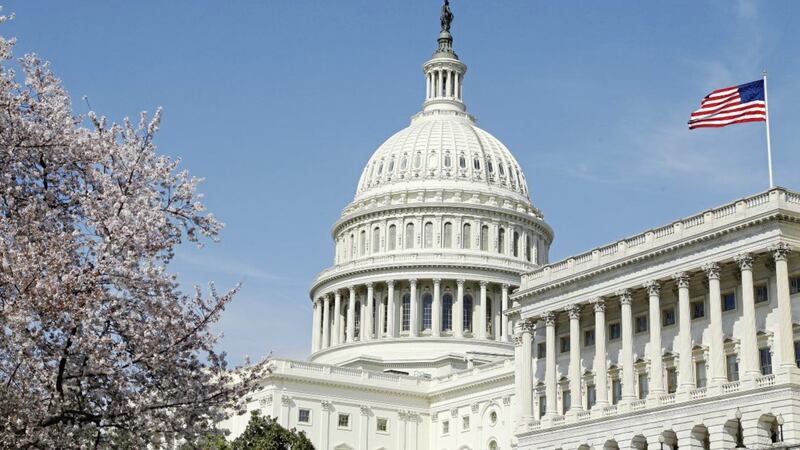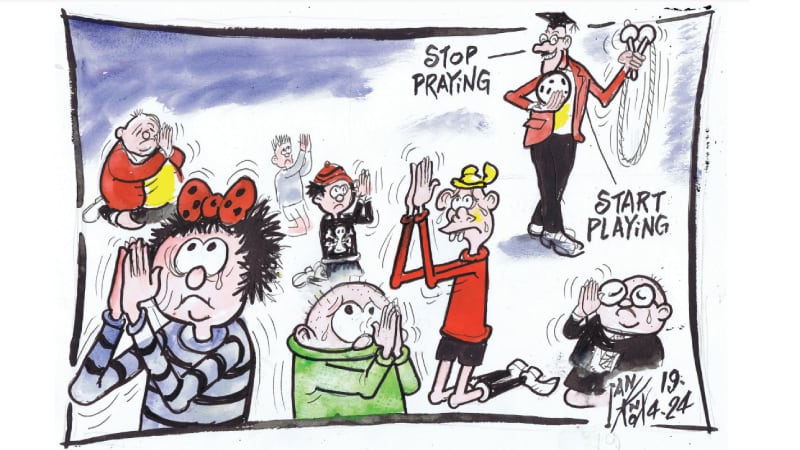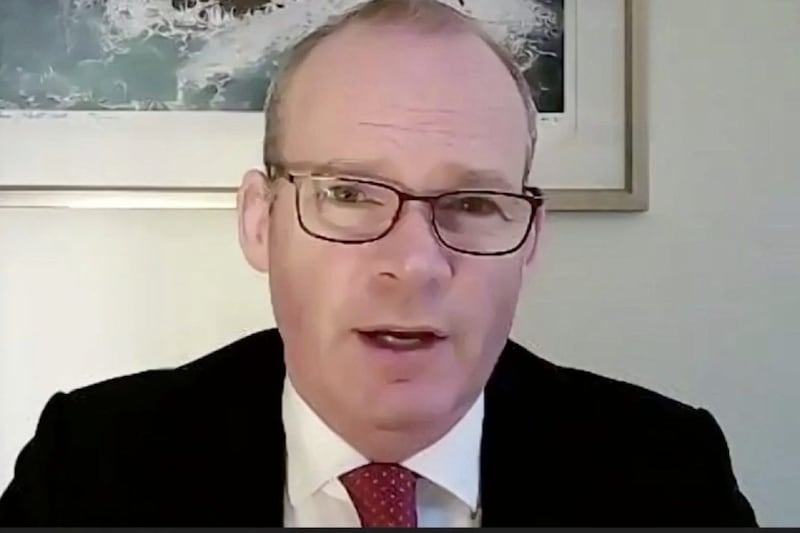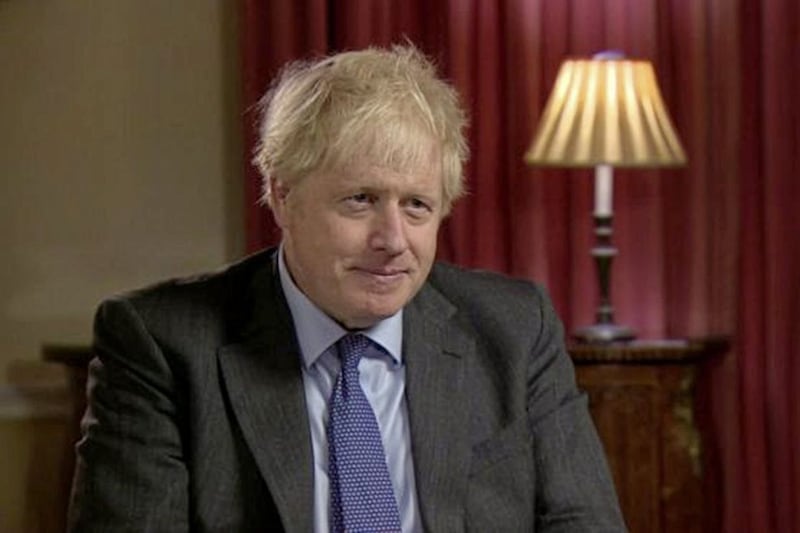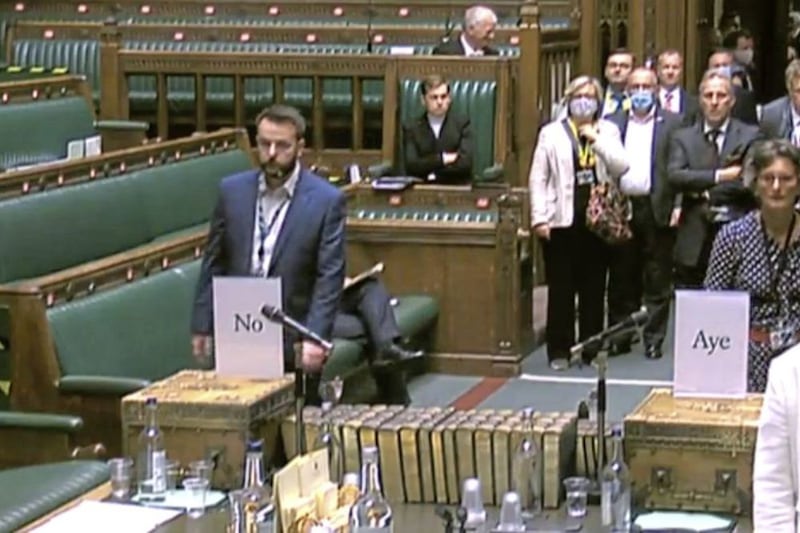IN TWO cases brought by campaigner Raymond McCord and other parties, the courts have dismissed the premises that Brexit and withdrawal from the EU without a deal are in breach of the Good Friday Agreement.
It’s worth stressing, however, that the law and politics are very different beasts.
Lord Chief Justice Sir Declan Morgan was among three senior judges who a year ago ruled that the Brexit negotiations conducted by Boris Johnson's administration must remain outside judicial scrutiny.
But in his ruling Sir Declan acknowledged that the applicants' submissions "demonstrate that a UK withdrawal from the EU without an agreement would give rise to the very considerable risk of deterioration in the security situation in Northern Ireland, an adverse impact on the Northern Ireland economy and a severe limitation on the work of the implementation bodies operating with the support of the North-South Ministerial Council”.
It’s widely recognised that Brexit has been the most destabilising factor in Anglo-Irish relations for decades and has the potential to significantly setback political progress. With the Withdrawal Agreement there had been a sense that things were settled but the UK Internal Market Bill throws the balls back up in the air.
The Good Friday Agreement was conceived at a time when, naively perhaps in the pre-millennium spirit of cooperation, the idea that the UK may one day leave the EU wasn’t even considered.
But the accord was the legal and diplomatic manifestation of the peace process and the two are regarded synonymously, especially by US politicians.
The warning from US congressmen, led by chairman of the House Foreign Affairs Committee Eliot Engel, that Washington will veto any transatlantic trade deal if the British government’s unilateral dumping of the Northern Ireland Protocol leads to a hard border is the latest in a series of rapid stateside salvos that seek to lean on the Johnson government.
Earlier this month Speaker of the US House of Representatives Nancy Pelosi sounded a similar warning, signalling that there would be no US-UK trade deal if peace in Ireland were put at risk. Any such deal would need to be rubberstamped by the House Ways & Means Committee, whose chairman Richard Neal has already indicated his unease with Johnson government’s backsliding.
Their arguments may at times appear simplistic and unionists will complain that they are sympathetic only to nationalist concerns. What’s not disputed is the power Irish-America wields and with the British government badmouthing the EU and seemingly intent on abandoning the pledges made in the protocol, Capitol Hill may be the sole source of leverage left to ensure an outcome that avoids a hard border.
In his meetings with US Secretary of State Mike Pompeo, British Foreign Secretary Dominic Raab may hear more accommodating language but away from the Trump administration, he will hear how the storm clouds are gathering over Brexit’s sunny uplands.
